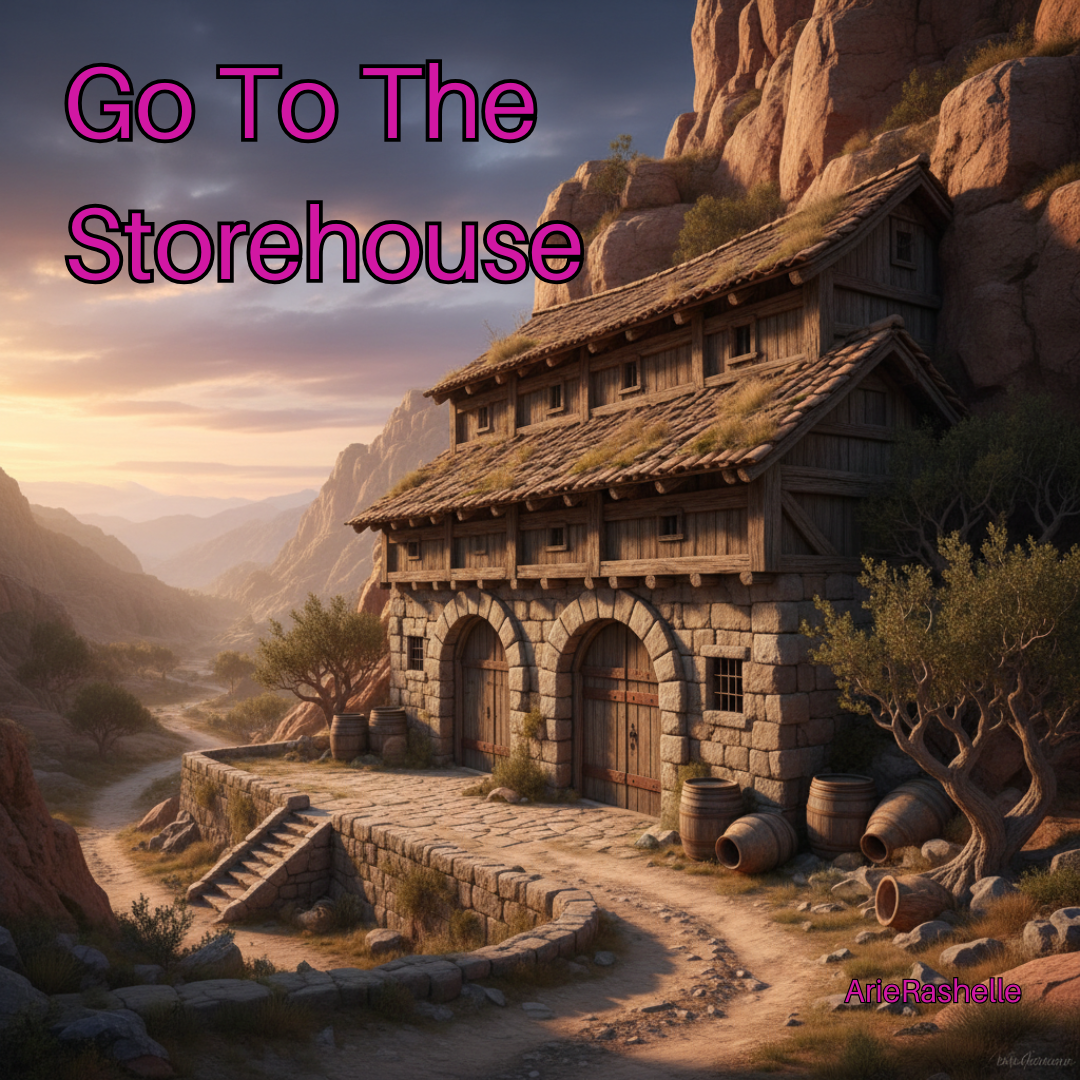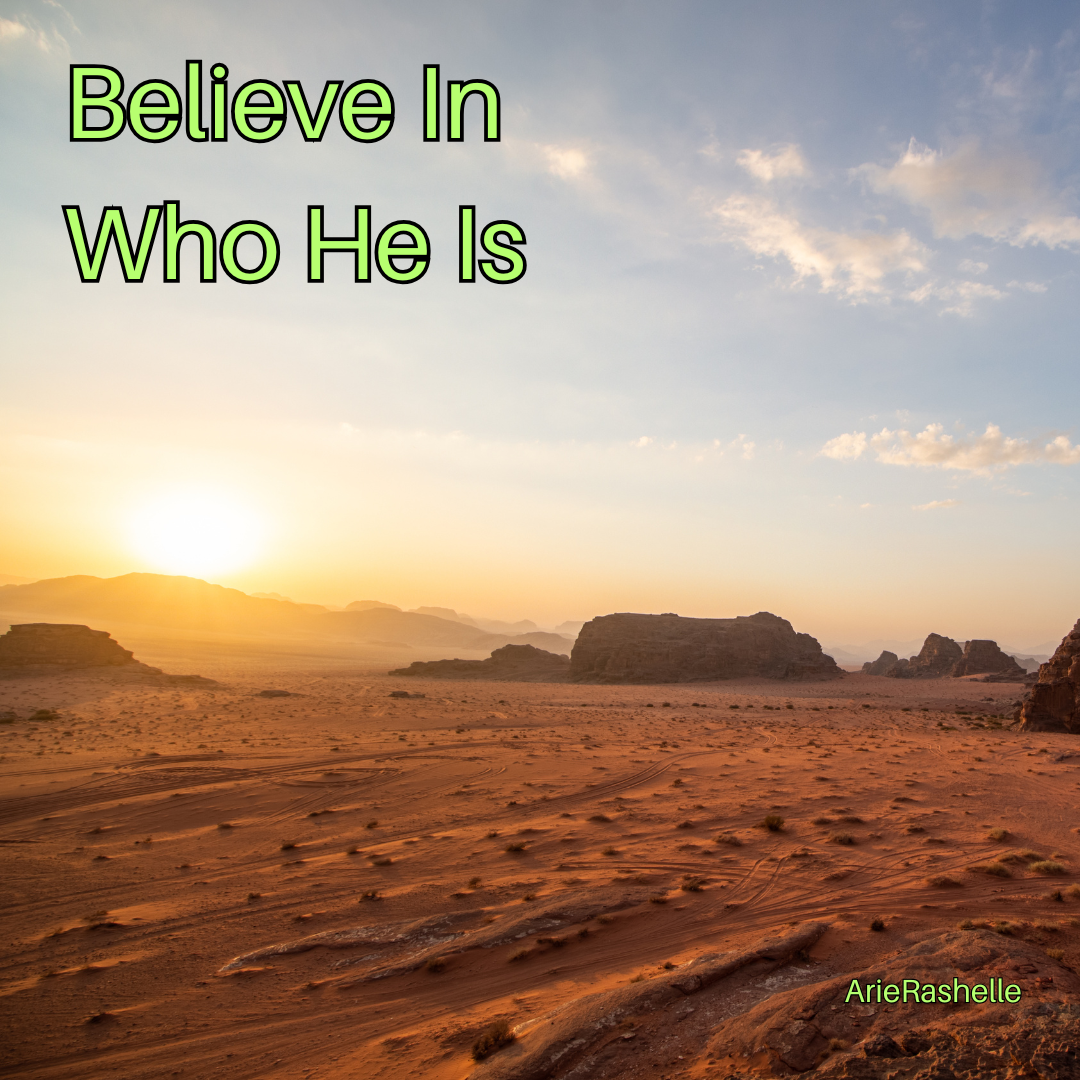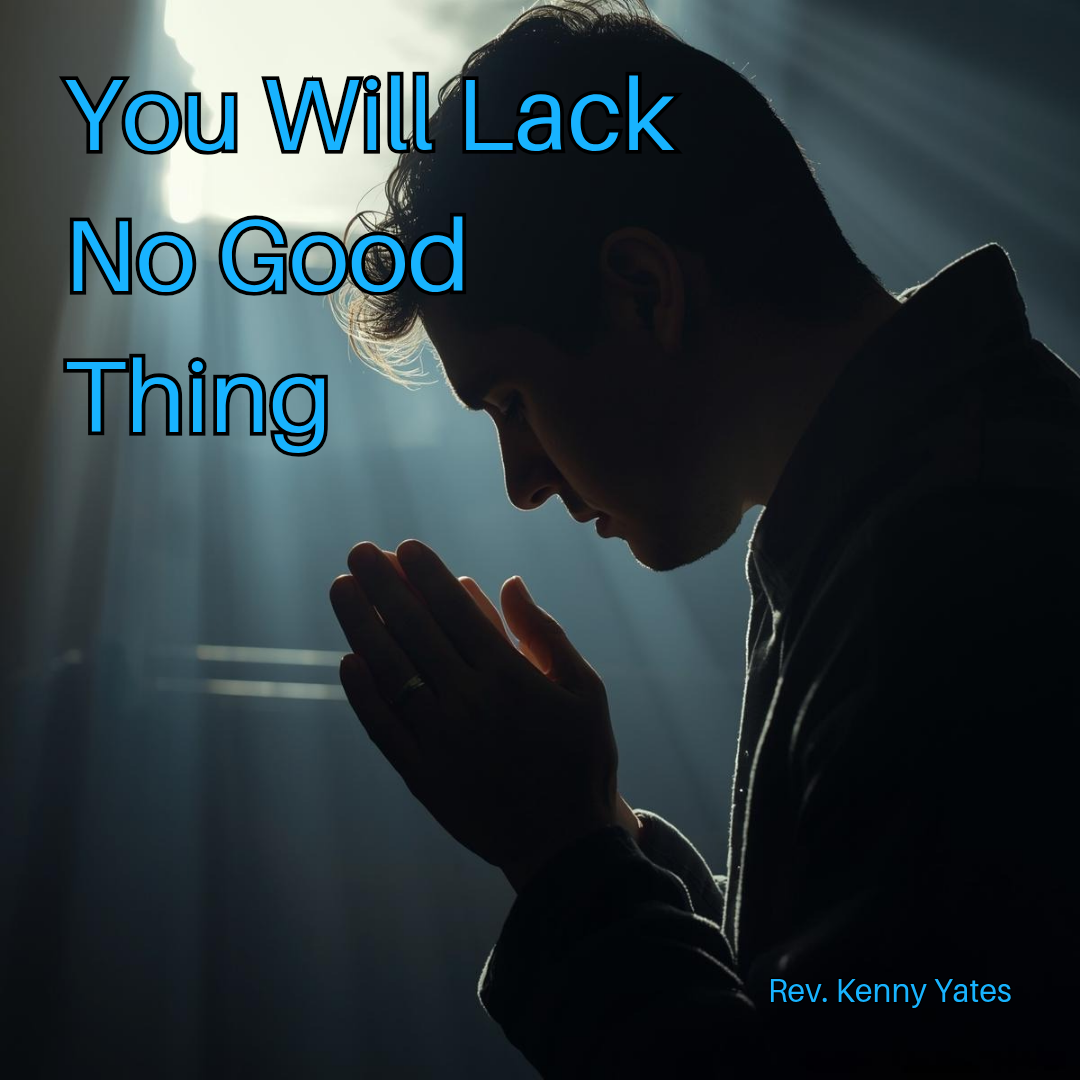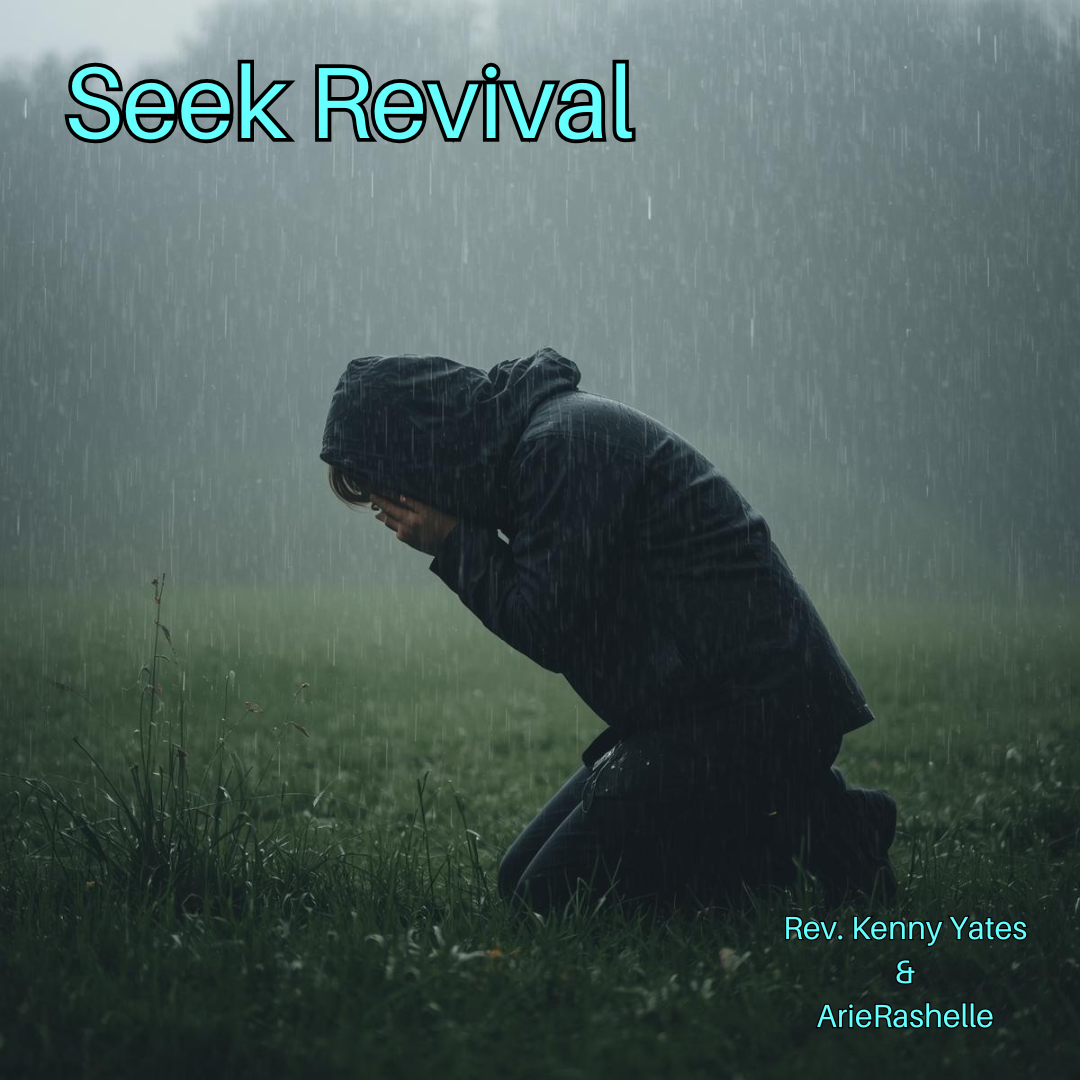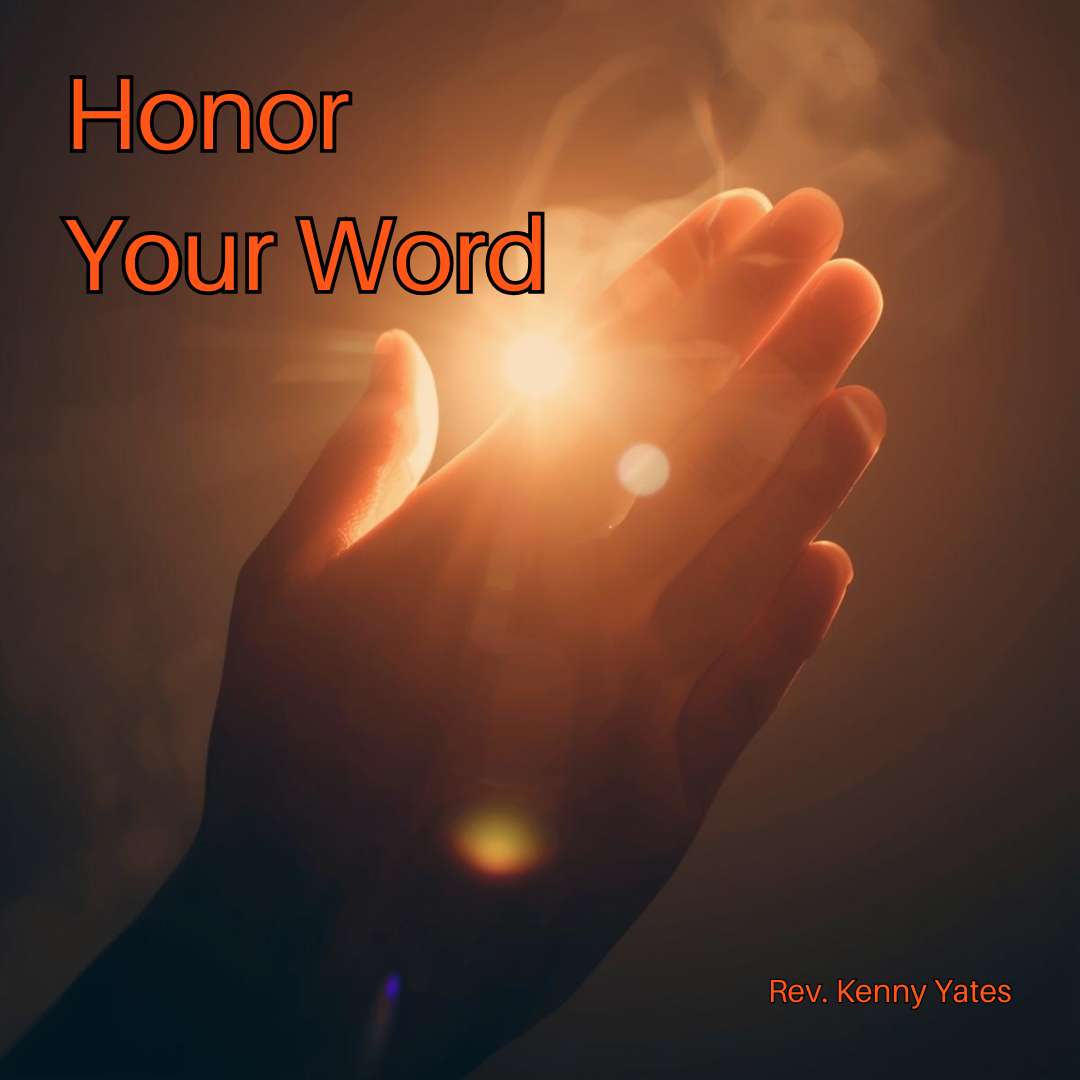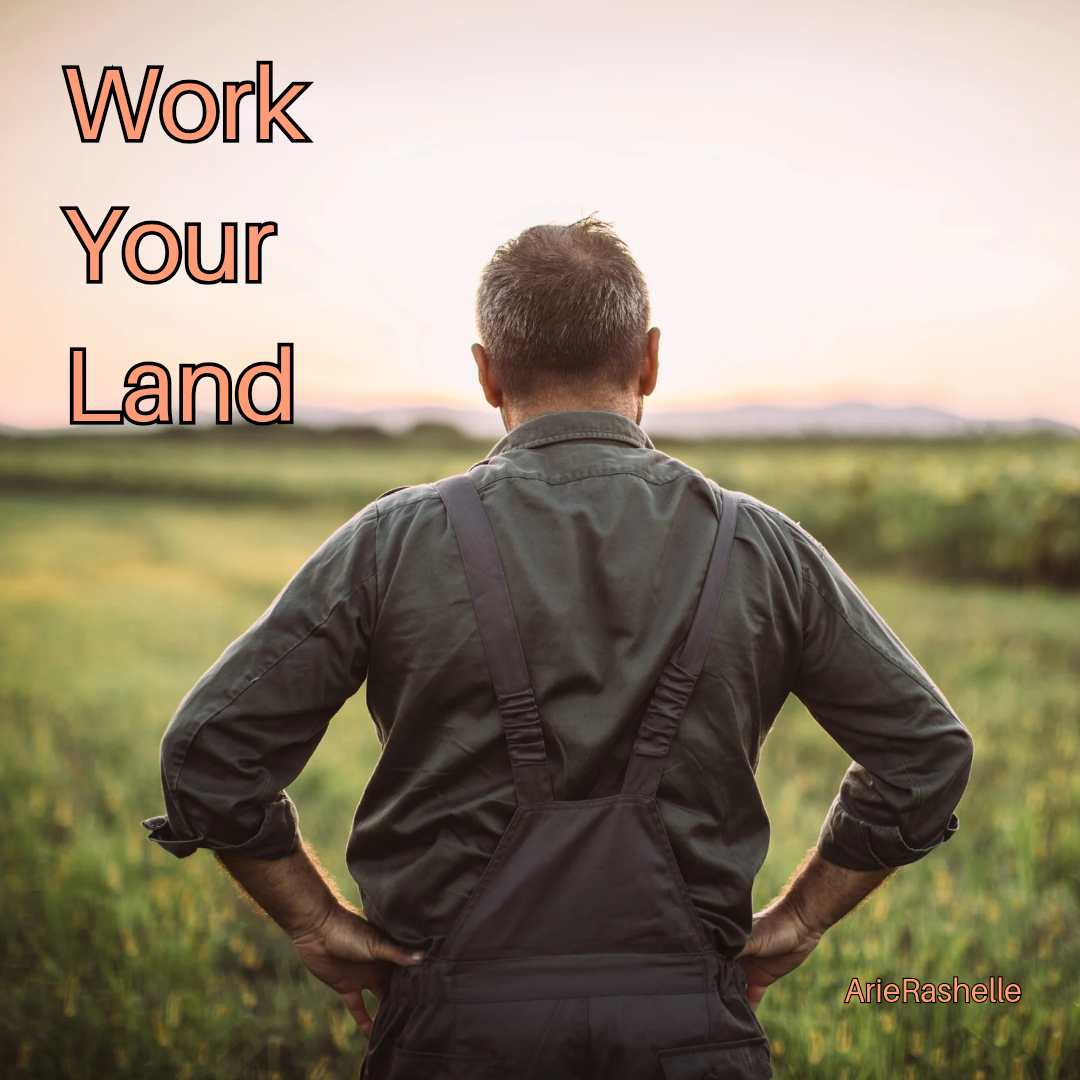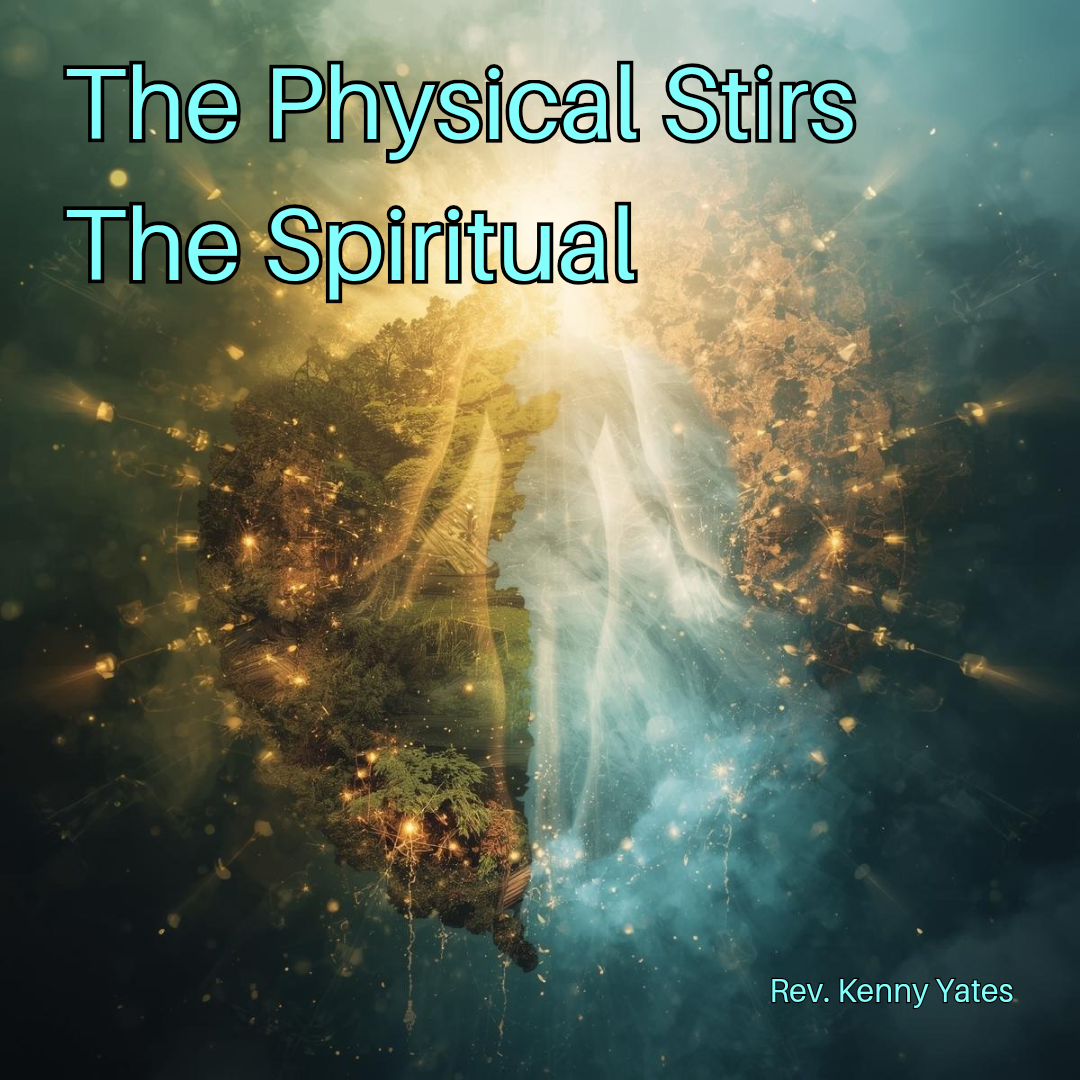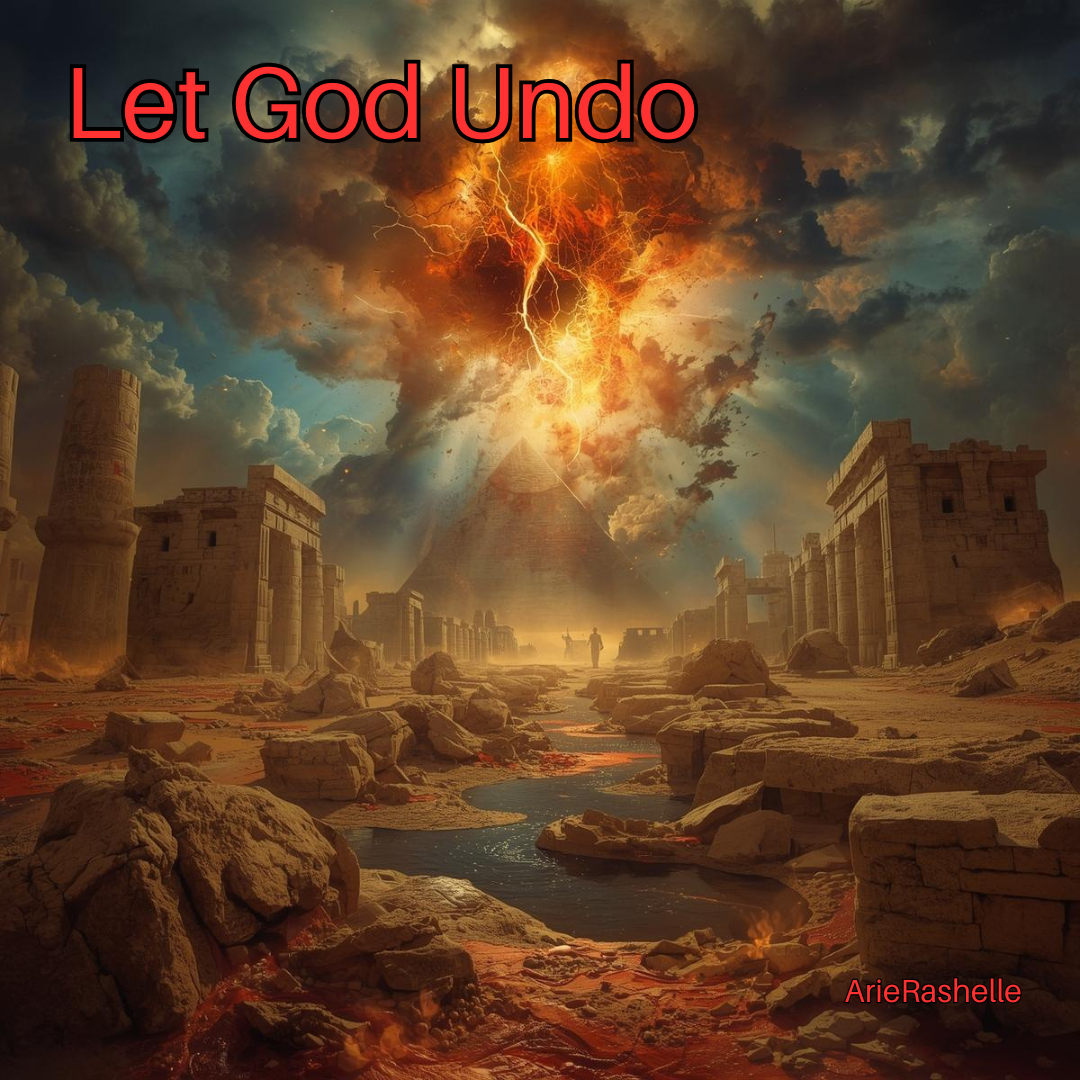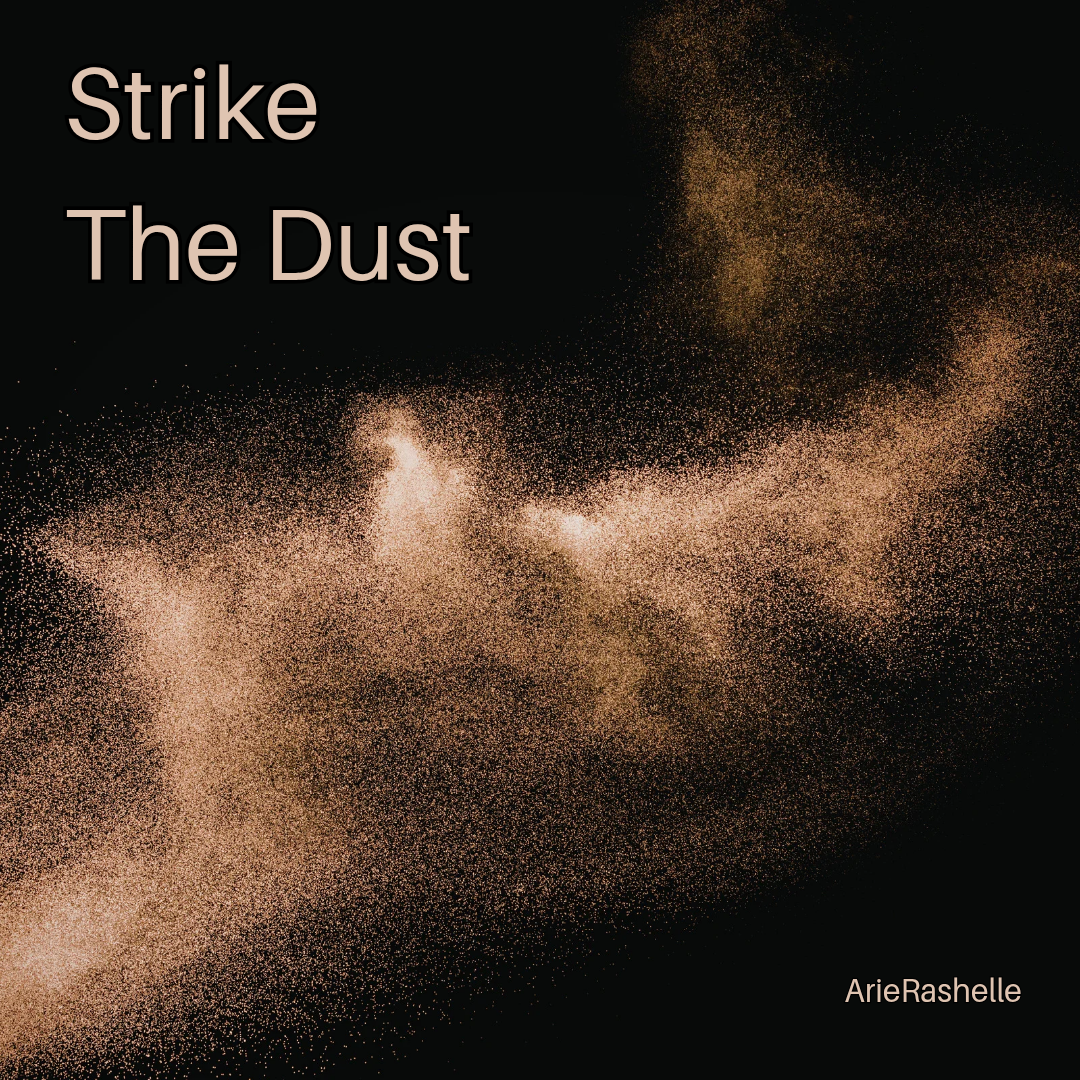21 If you make a vow to the LORD your God, you shall not delay fulfilling it, for the LORD your God will surely require it of you, and you will be guilty of sin. 22 But if you refrain from vowing, you will not be guilty of sin. 23 You shall be careful to do what has passed your lips, for you have voluntarily vowed to the LORD your God what you have promised with your mouth. ~ Deuteronomy 23:21-23
Many of us make vows without thinking. We make promises and agreements, but don’t follow through on them. We oftentimes just take it for granted, but God takes vows very seriously—even those made in error. Here’s a powerful example.
When the Gibeonites heard all that Joshua and the Israelite army were doing to the other cities, they were terrified… They were frightened for their lives and for their families’ lives. They had heard that God had instructed Joshua to destroy the inhabitants of the land, and they were scared, because that was precisely what Joshua was doing. So, they made plans to trick or deceive Joshua and the elders of Israel into making a treaty of peace with them.
They took old, moldy bread. Worn-out wineskins. Patched sandals. And worn-out clothes. And pretended to have traveled from a distant land. Joshua and the elders with him were initially suspicious, but the Gibeonites convinced them they were not from the area, and they believed them. They were like, maybe you live among us, and we don’t realize it, and if you do, how can we make a treaty with you since our God told us not to do that? They were obviously suspicious of them, but when they saw the people’s provisions, they were convinced by what they saw. And they did not inquire of the LORD. They jumped headfirst into a covenant with the Gibeonites, even though God had instructed Joshua not to (Joshua 9:14-15).
But here is something even more astonishing… Almost 400 years later, David, son of Jesse, is on the throne of Israel. There is a famine in the land… year after year. For three years, there is this persistent famine. And David realizes something must be wrong. So, David goes to inquire of the LORD, and what he discovers is totally amazing… It’s all Saul’s fault. In his zeal for the LORD, Saul has violated Joshua’s… 375-year-old covenant with the Gibeonites.
King Saul, during his reign, was putting the Gibeonites to death, so bloodguilt had come upon him and his house. He thought he was doing a good thing. He was doing what Joshua had failed to do. But as a consequence, Israel, as a kingdom, was also suffering the repercussions of a broken covenant.
Even after 400 years, God still honored that “should-have-never-been-made” covenant. God did not want it…; in fact, He told the Israelites not to do it! But to do the very opposite of making a peace treaty. Yet! He honored it and expected Israel and their descendants after them to honor it as well. That proves the power of a covenant—the sacredness of a promise, and that words are indeed extremely potent.
Now think about this. If God holds us to that high a standard of integrity, expecting us to keep our word to perfection, will He not hold Himself to an even higher standard? Of course He will! That is why the Scripture says that God watches over His word to perform it (Jeremiah 1:12).
Therefore, maybe there are open doors in your life. Maybe there are things in your life you can’t seem to get through because you made a vow and broke it. Our word is powerful. When we give our word to do something, it’s not just another meaningless thing. Our vows are to be honored.
Peace. Love. Go Forth and Honor Your Word.

